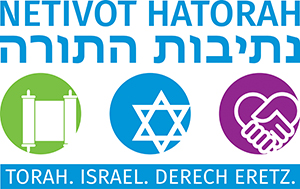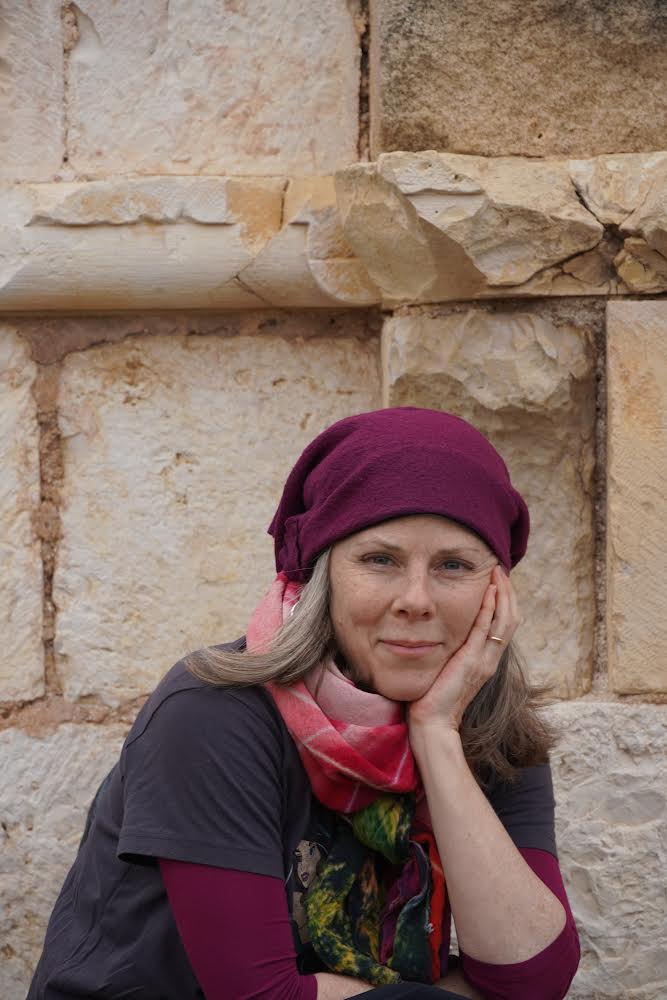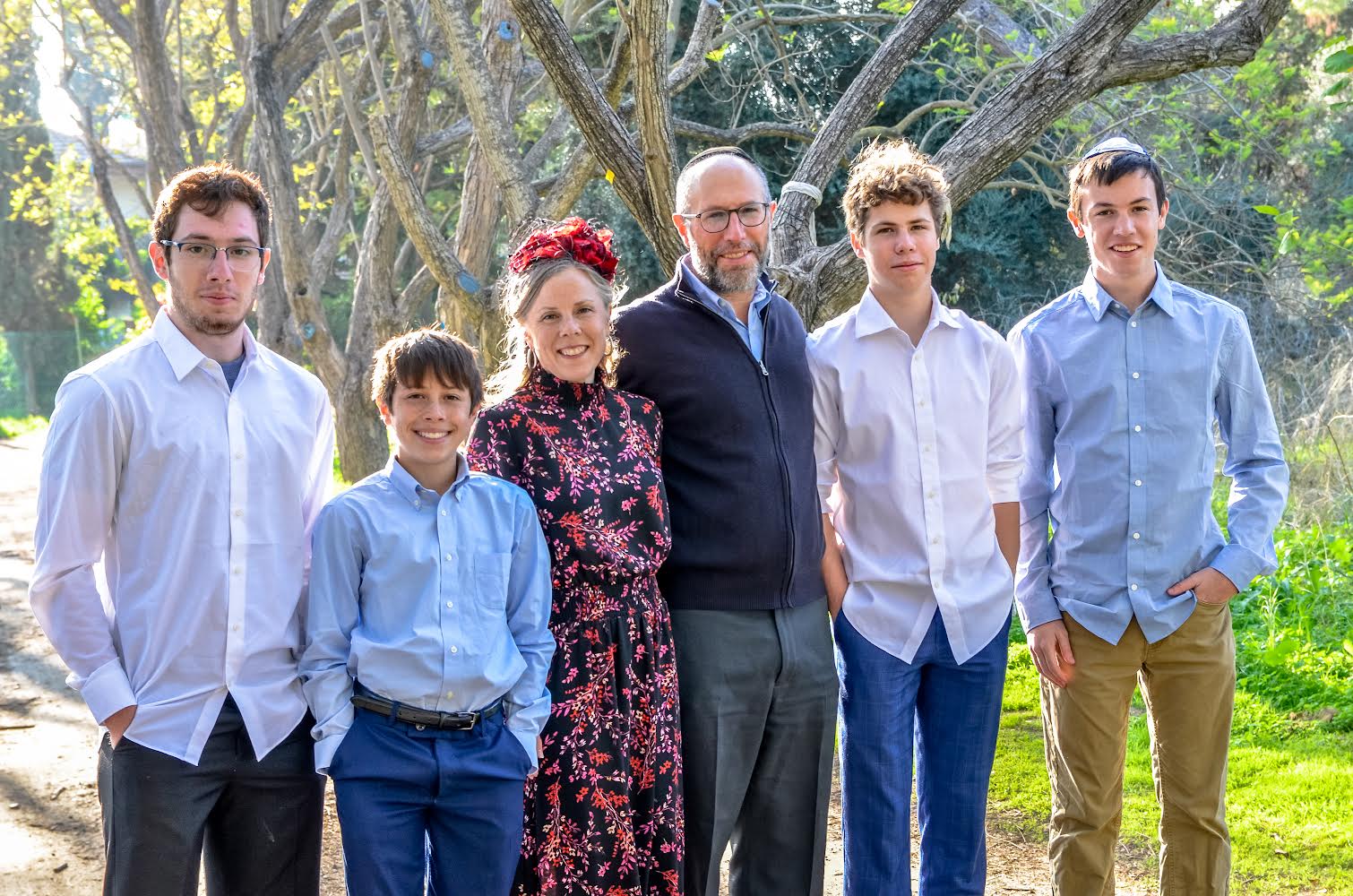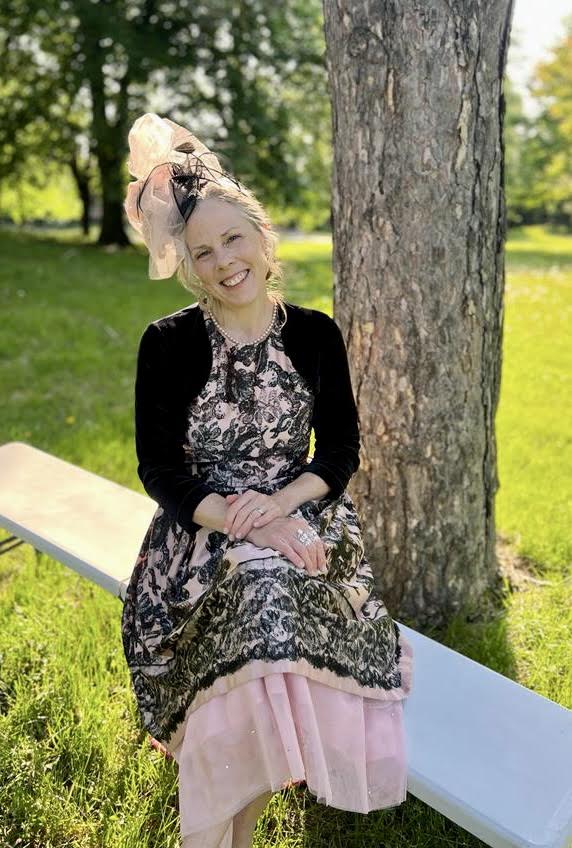Rachel Cousineau
“One day I will be Jewish” a teenage Rachel Cousineau recalls telling her mother. Growing up in North Bay, Ontario, there weren’t many Jews to connect with; she became intrigued with Judaism through books and her Catholic high school’s World Religions course. Raised in a loving, deeply religious Catholic family, Rachel remembers identifying with the characters from the Bible that her father read nightly. While pursuing her Masters degree at Carleton University, she discovered the Oxford Centre of Hebrew and Jewish Studies and spent a year there getting a graduate degree. The Jews among the 13 students in the program lived together on campus and created “unique and memorable experiences of Judaism” that changed Rachel’s life. By winter break she knew she was committed, and decided to convert. She dedicated that year and the next to learning to become a Jew.
Concurrent to her unique Jewish journey, Rachel also pursued a career as an Architectural historian, combining her interest in art, people and culture. “I’m very interested in how people experience buildings and landscapes — how they live in, make, and modify space.” Her original plan to study economics and politics to become a diplomat took a turn when she fell in love with Art History at Queens University. She was inspired by a professor, and chose to pursue a MA in Art History at Carleton. Post Carleton and Oxford, fully immersed in Jewish life, she combined her passion for spaces and religion. While earning her PhD in architecture from UC Berkeley, she studied Jewish architecture and landscapes, and wrote a doctorate about the London eruv, exploring topics such as Rabbis as urban planners; women’s experience of ritual space; and Shabbat in the presence and absence of an eruv.
As one of two managers of Parks Canada’s 30-member Historical Services team, a co-producer of Parks Canada’s first history podcast, and a lead historian on studies of Indian Residential Schools, Rachel loves to craft and share stories about our shared Canadian past. She empathizes with Indigenous children and in particular how they experienced places that should have been educational and beneficial to their lives. Her message? “Children are remarkably strong and resilient, but they are stronger and more resilient when they are educated in environments where their cultures and languages are loved and encouraged to flourish, as they are at Netivot. My children lived this wonderful reality, and it has made all the difference.”
Rachel and her husband Daniel Horowitz, have had three sons graduate from Netivot and will see their fourth graduate this year. She volunteers her voice as she teaches Netivot MS girls who choose to lein Megillat Esther.








